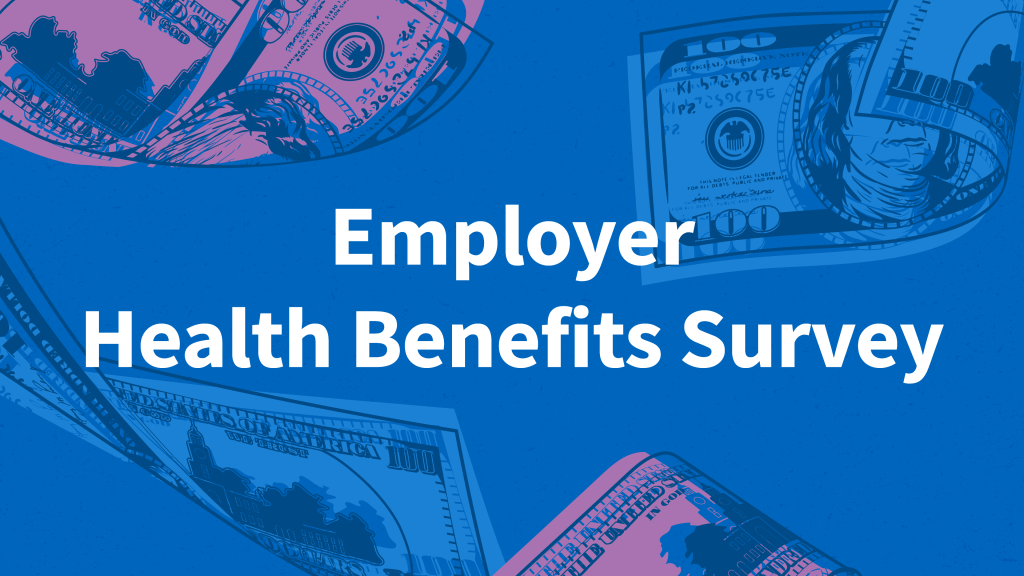Changing Rules for Workplace Wellness Programs: Implications for Sensitive Health Conditions
With legislation pending in Congress that would substantially change federal rules governing workplace wellness programs, this brief reviews relevant data about employers' use of wellness programs and financial incentives and the incidence of certain sensitive or potentially stigmatized health conditions among adults covered under employer-sponsored health plans.
